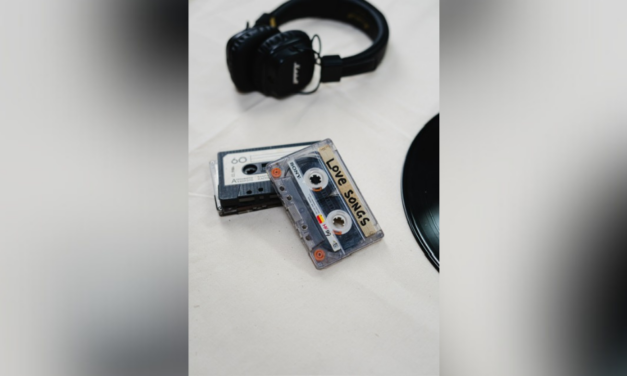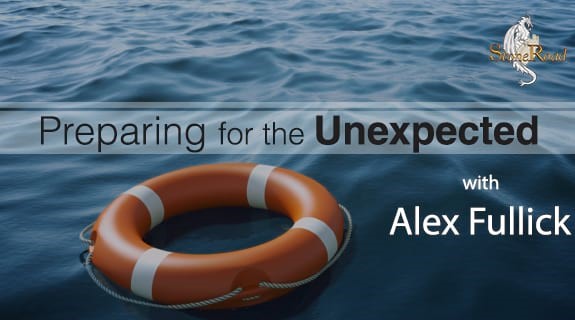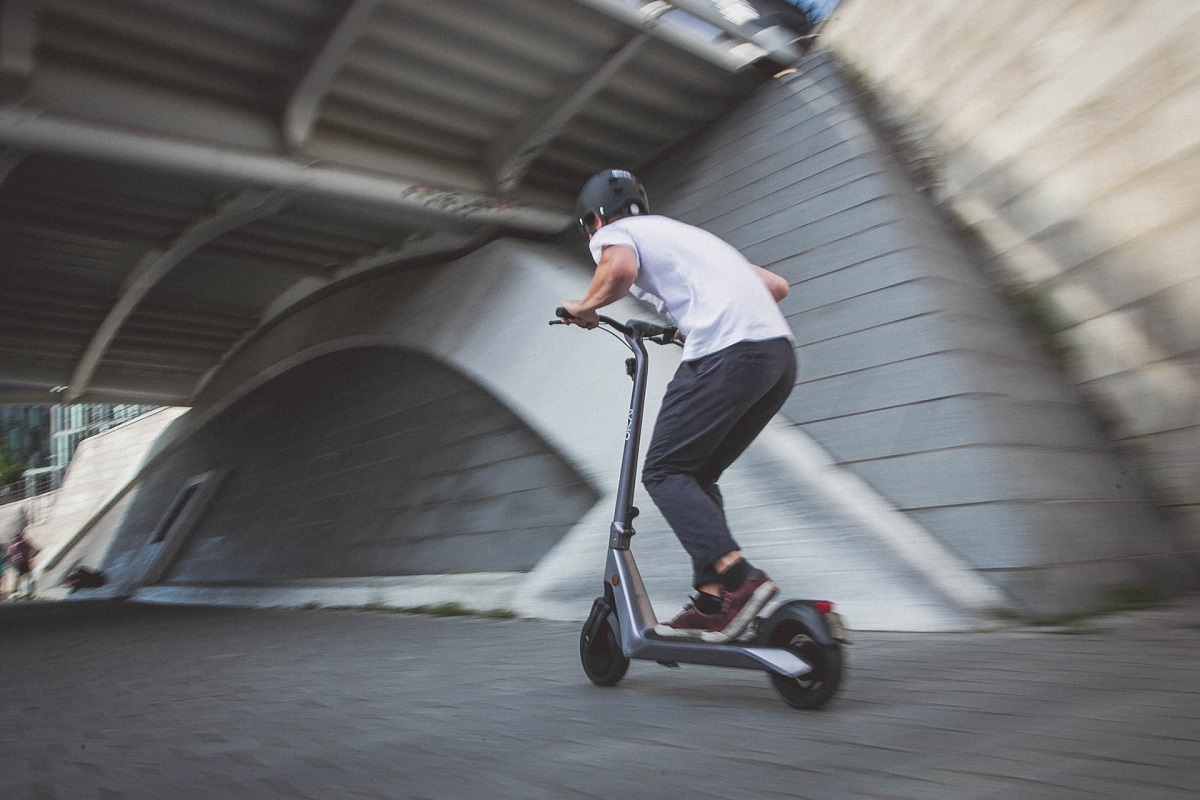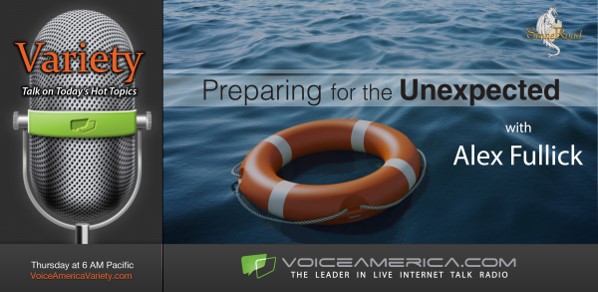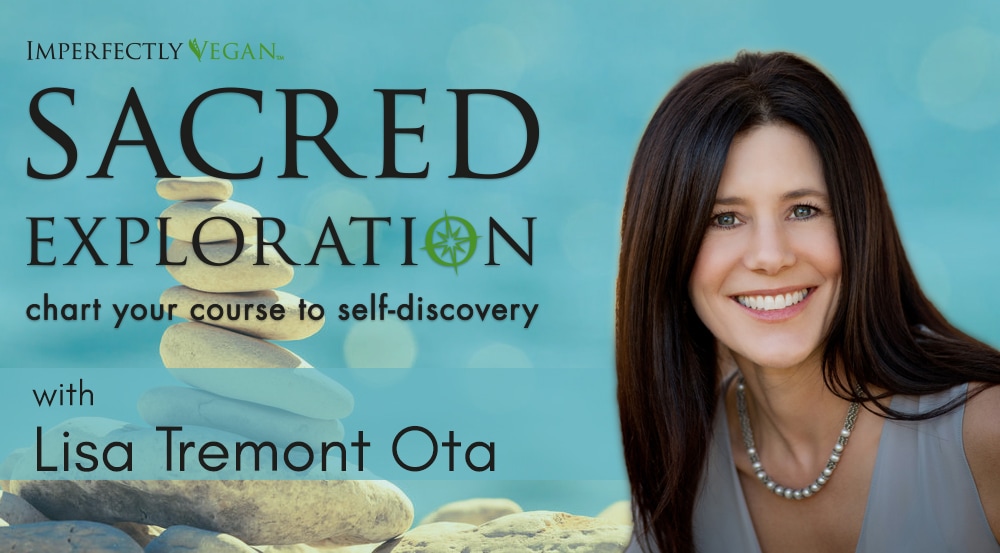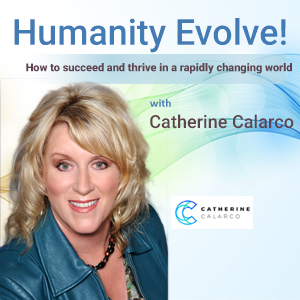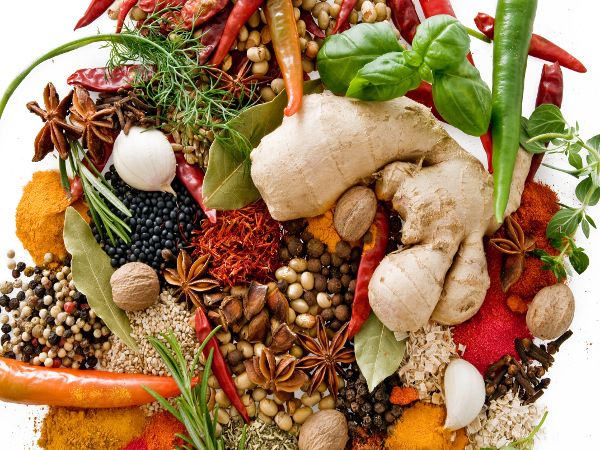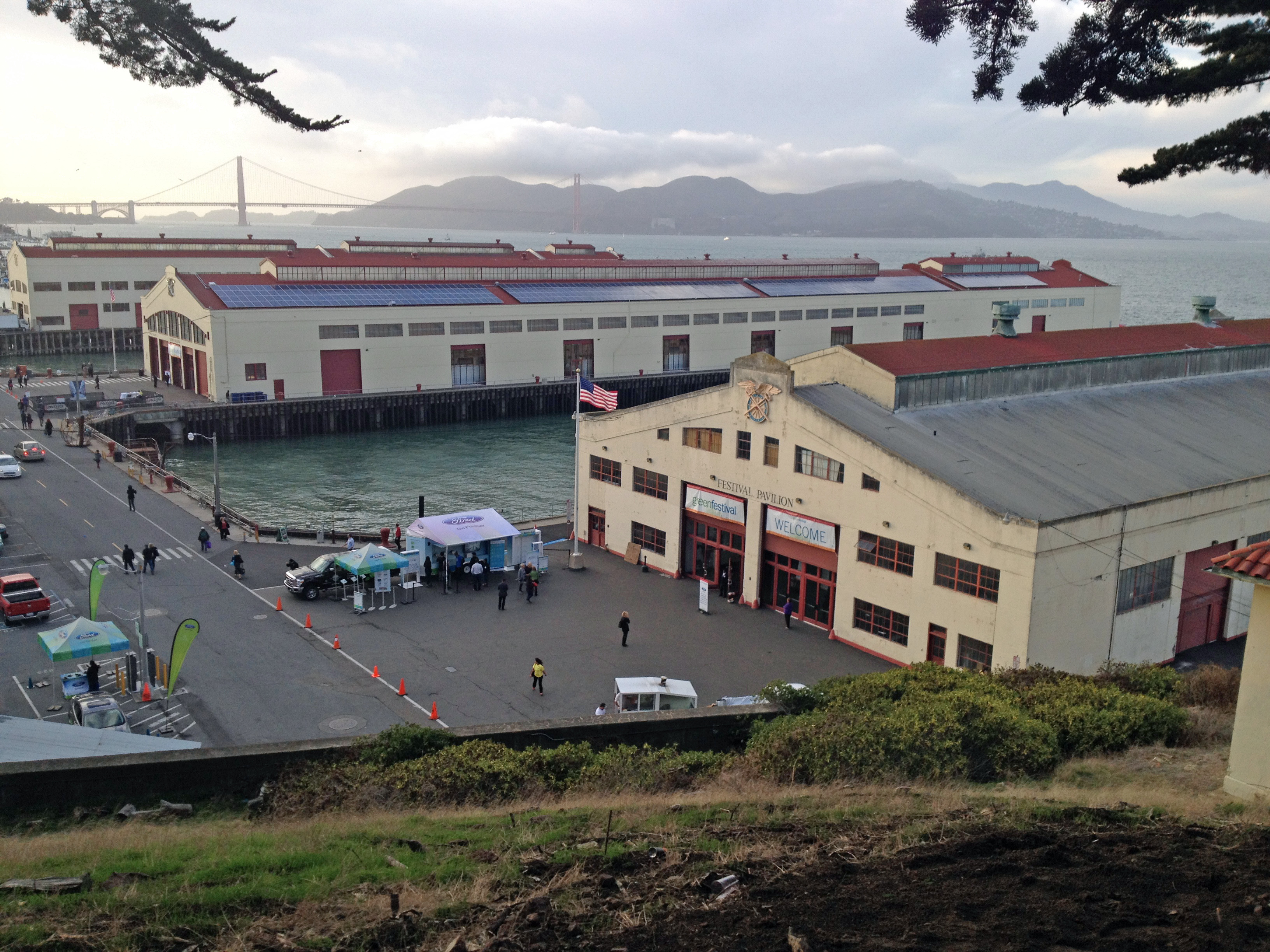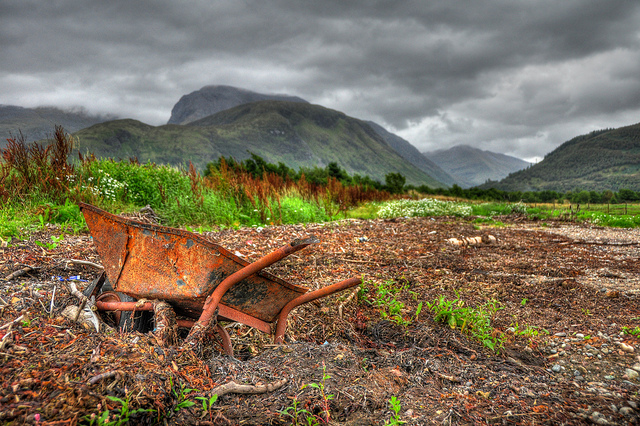Why Fix Something That Isn’t Broken? The Progressive Drive of Women in Educational Leadership
When speaking to Dr. Angela Robbins, founder of eLearingDOC, on my “Empowering Women in...
Read Moreby Stephanie Duguid | Oct 23, 2023 | Empowerment, VoiceAmerica | 0 |
When speaking to Dr. Angela Robbins, founder of eLearingDOC, on my “Empowering Women in...
Read Moreby Alex Fullick | Jul 31, 2023 | Business | 0 |
Join me Thursday, November 9/23 at 1pm EST on the VoiceAmerica business channel, I’m joined by longtime security & risk management expert, Michael White. Understanding our environments, either in the workplace or out...
Read Moreby VoiceAmerica | Dec 6, 2021 | Business | 0 |
Join me March 17, 2022 at 1pm EST! Climate Change is one of the hottest topics in news headlines...
Read Moreby VoiceAmerica | May 19, 2021 | Business | 0 |
Are you considering switching to electric scooters? Or perhaps, you’ve already purchased one, but...
Read Moreby VoiceAmerica | Dec 4, 2020 | Variety | 0 |
Join me Mar 4/21, 9am EST as I chat with global risk, ethics and governance strategist, and...
Read Moreby VoiceAmerica | Feb 23, 2018 | Empowerment | 0 |
I had the great pleasure and honor of having Dr. Will Tuttle, author of The World Peace Diet, on...
Read Moreby VoiceAmerica | Feb 21, 2017 | Women | 0 |
Educate + Empower + Restore. It is a great honor to be joined by Fabien Cousteau to discuss the...
Read Moreby VoiceAmerica | Oct 16, 2015 | Kids, Teens | 0 |
Every week, Express Yourself!⢠will bring you a stimulating program based on a chapter from our...
Read Moreby VoiceAmerica | Aug 4, 2015 | 7th Wave | 0 |
8/5/15 – Giving Away The Gold âIf you want to experience true happiness and well-being in...
Read Moreby VoiceAmerica | Jan 2, 2015 | 7th Wave | 0 |
On today’s InsideOut Forum Discussion Call we continued the conversation brought to the show...
Read Moreby VoiceAmerica | Nov 26, 2014 | Variety | 0 |
Ocean optimism was found at the 13th Annual Green Festival held at Fort Mason in San Francisco...
Read Moreby VoiceAmerica | Nov 25, 2014 | Variety | 0 |
On today’s InsideOut Forum Discussion Call we explored this provocative issue about whether...
Read More

